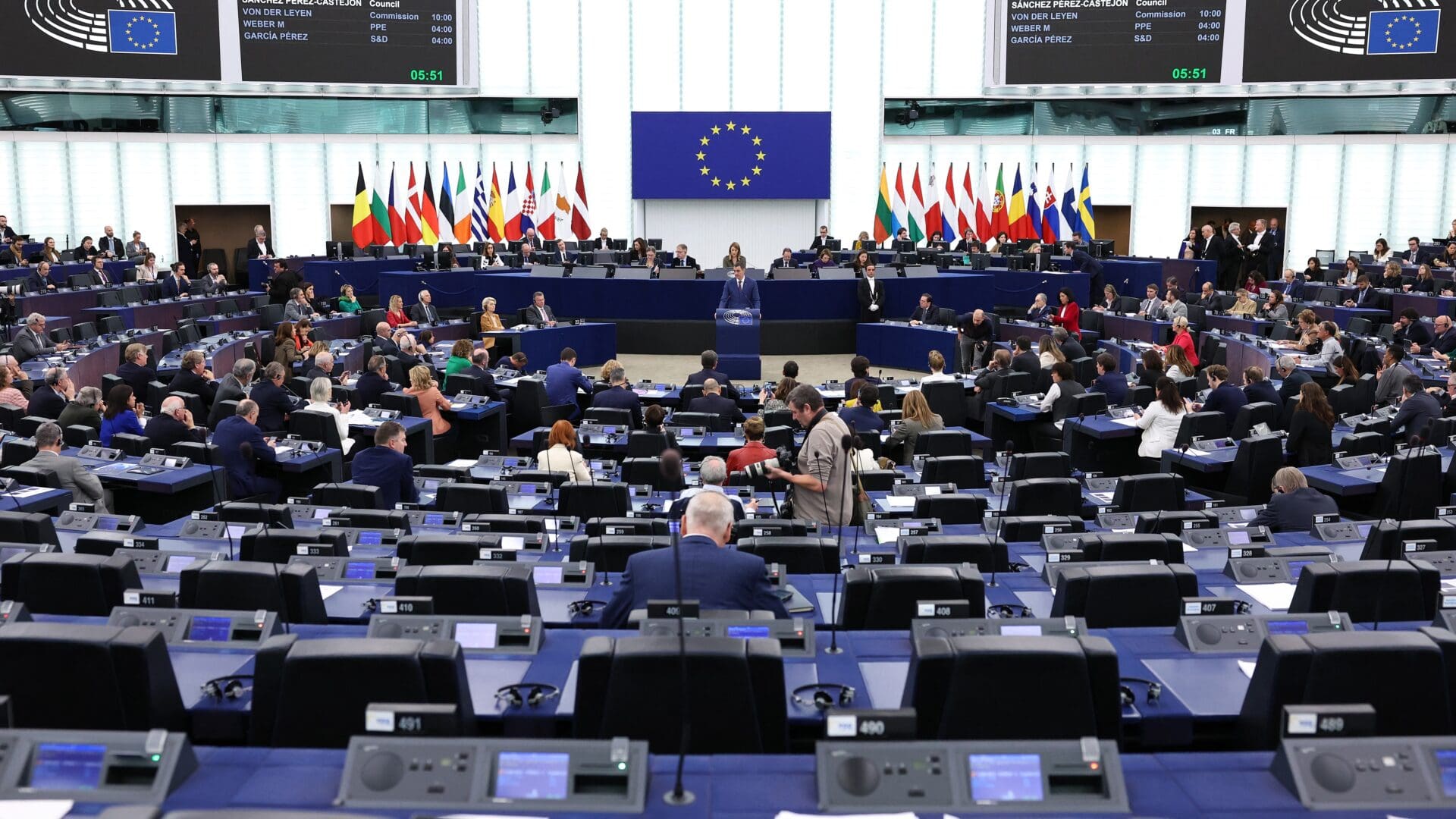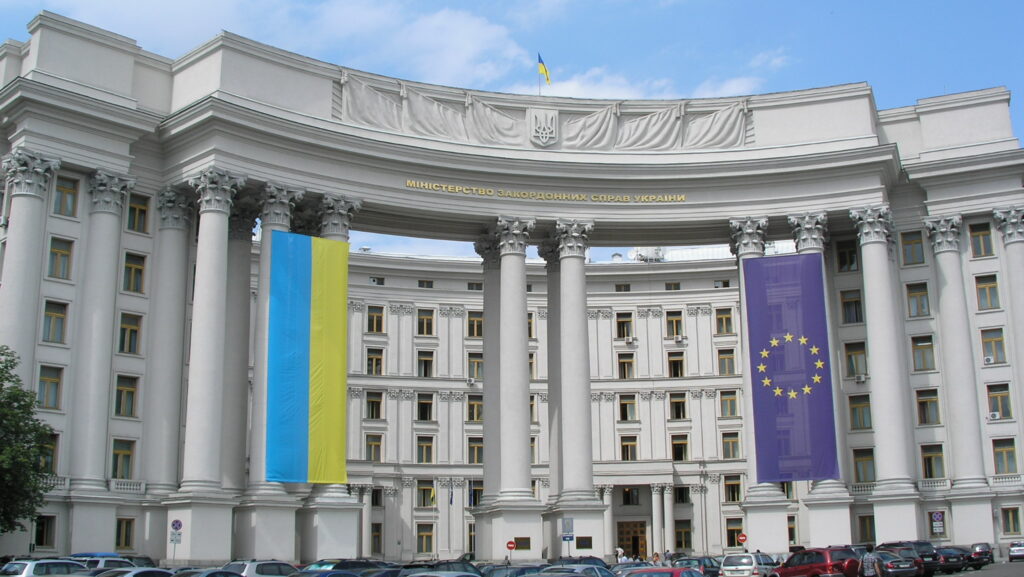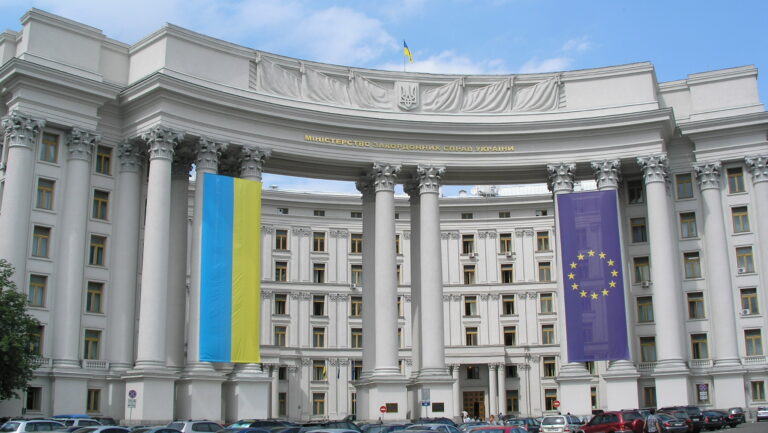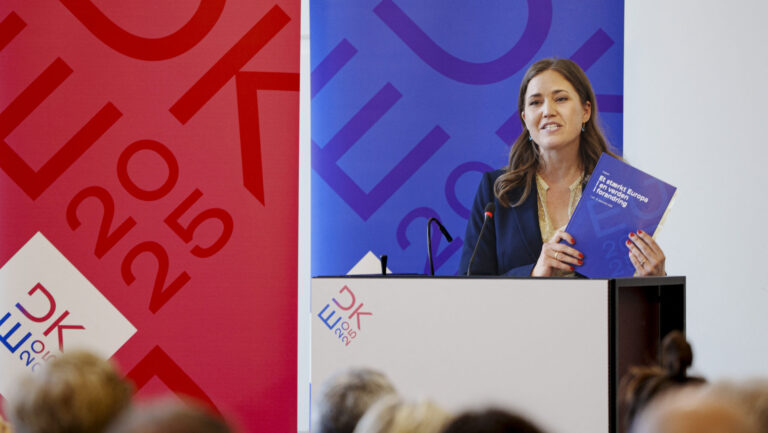The European Parliament could still take away the rotating EU presidency from Hungary, as reported by the Hungarian political magazine Mandiner in an article analyzing a piece published on the EU Observer EU affairs portal. The author of the original article, Jaap Hoeksma, argues that the European Parliament (EP) has several tools at its disposal to block Hungary’s presidency in July 2024.
’As Article 236 of the TFEU (Treaty on the Functioning of the European Union) entitles the European Council to change the configuration of the council presidency with a qualified majority, the primary strategic goal of the Parliament should be to persuade the Member States to suspend the Hungarian Presidency,’ Hoeksma wrote.
To achieve this, the European Parliament should exert pressure on national governments and legislatures, he added.
Hoeksma outlines another possible scenario in case the above solution does not work. ‘Should this strategy fail to yield the desired result, the parliament can resort to its “nuclear option” of refusing to cooperate with the council,’ the author continued. He added that such a resolution would be unprecedented, yet justifiable in the case of Hungary, as, in his view, it cannot ‘allow a democratic union of nearly 30 democratic Member States to be subject to the whims of a single illiberal autocrat.’
It didn’t take long for the well-established anti-Hungarian voices in the Brussels fringe to make themselves heard in the New Year.
Jaap Hoeksma’s notion is not a novel one; the European Parliament has long been endeavoring—often with limited success—to impede Hungary’s presidency. In June 2023, the body, which has been predominantly left-leaning for years, voted 442 to 144, with 33 abstentions, to call on the European Council to somehow thwart Hungary’s path to the presidency.
Naturally, perennial concerns about the state of Hungarian democracy are raised: the EP condemns the Hungarian government on various issues, including elections in Hungary, business intimidation, decree governance, the Article 7 procedure, failure to comply with country-specific recommendations, and refusal to join the European Public Prosecutor’s Office. Furthermore, they express deep concern about Hungary’s capacity to fulfill the pivotal responsibilities of the rotating presidency, crucial for EU legislation.
In response to the decision, former Hungarian Justice Minister Judit Varga stated in a Facebook post, ‘Hungary aims to scrutinize, among other things, whether the European Parliament, embroiled in corruption scandals, adheres to its own rules and EU legal principles.’ Varga also suggested that the EP may want to hinder Hungary because the left-wing majority body disagrees with Hungary’s pro-peace stance on the Ukraine war, consistently maintained since 24 February 2022. According to the former justice minister, ‘the presidency is both a duty and an honor, not a right that can be arbitrarily revoked from a country.’
Subsequently, a statement by John Morijn, a member of the Meijers Commission on rule-of-law concerns in the EU, elucidated precisely why Brussels is apprehensive about the Hungarian presidency. In an interview with Klubrádió regarding the EU's migration pact, Morijn asserted, 'Hungary cannot be trusted not to steer the regulation in the opposite direction of what Brussels desires. There is concern that Hungary prioritizes its own interests over those of the EU.'
The European left is anxious that the Hungarian government might prioritize national interests over Brussels' objectives.
It is crucial to emphasize that, while pragmatic thinking and tangible solutions may appear controversial in the western half of Europe, Hungary is not isolated in advocating for stronger measures against illegal immigration.
Countries such as Austria, Poland (with no apparent change under the Tusk administration), Sweden, Denmark, Slovakia, Croatia, and Italy are all urging Brussels to address the issue of illegal migration more earnestly, calling for a departure from the misguided approach taken so far. Consequently, it is not surprising that many have voiced support for Hungary. For instance, Austrian Foreign Minister Alexander Schallenberg, in a September interview, disagreed with the notion of stripping Hungary of its rotating presidency, denouncing the attempt as a populist tool. Even Belgian Prime Minister Alexander de Croo, a consistent critic of Hungary, labeled the EP initiative as a counterproductive idea.
At present, it appears that, despite the European Parliament's efforts, blocking Hungary's presidency might prove challenging.
Moreover, no decision was reached at the European Council summit in mid-December last year regarding the additional €50 billion in aid for Ukraine, as Viktor Orbán exercised his veto. The leaders of the Member States will have the opportunity to decide on this matter at their upcoming meeting in late January or early February, requiring Hungary's support.
Budapest has already held the rotating presidency of the European Union once; it assumed the position in 2011. Enikő Győri, the Member of the European Parliament for Fidesz-KDNP, who led the Hungarian presidency at that time, told the Hungarian daily Magyar Nemzet that the period concluded very successfully, although the campaign against Hungary had already begun. The presidency's most significant achievement was successfully concluding accession negotiations with Croatia. Additionally, during this time, the so-called economic governance package was formulated, with the aim of preventing countries from accumulating excessive debt following the 2008 financial crisis.
Related articles:








